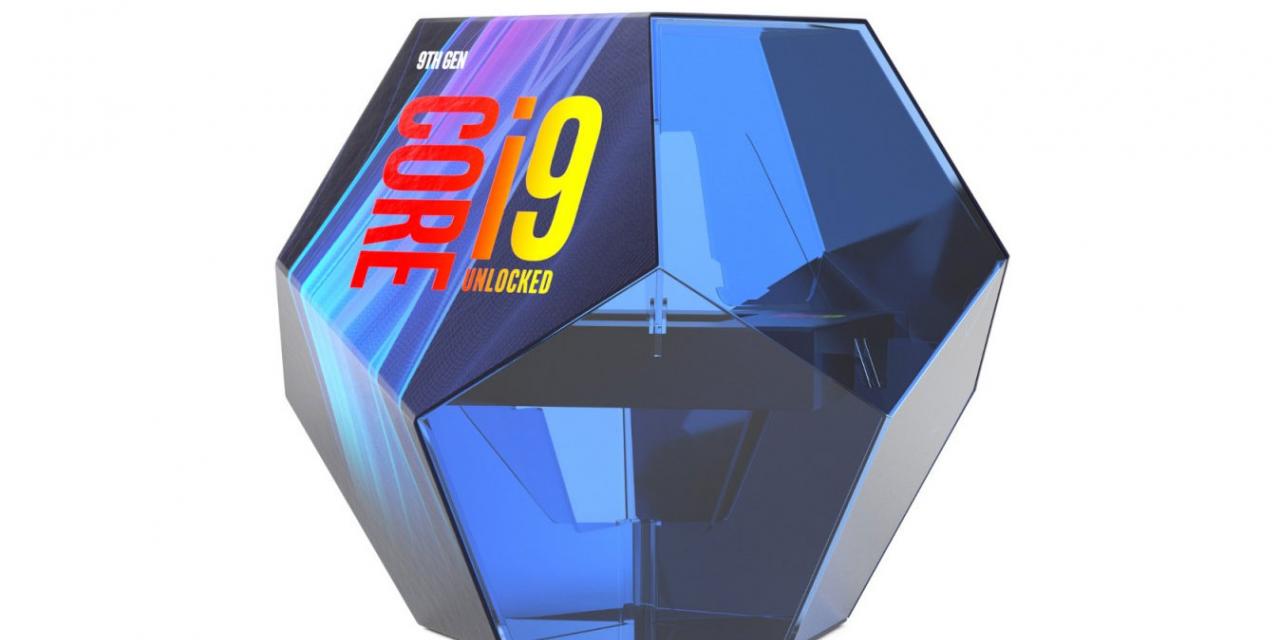
AMD lit a fire under Intel with its Ryzen CPUs, both first and second-generation. Intel's response wasn't to hop out of the frying pan, though, but to dance in the flames. The end result is the 9-series of processors, which have higher clock speeds, mirrored core counts with their AMD counterparts, and performance that Intel at least claims, make them the best gaming CPUs ever made.
Of course such claims must be taken with a pinch of salt, but the early performance numbers do paint a picture of a chip that is incredibly capable and could become the new darling of high-end gamers in the near and far future. At least before the 10nm Cannon Lake chips drop in 2019.
The 9-series, consumer-facing "K" chips are currently represented by three offerings, the 9600K, the 9700K, and the flagship 9900K. They have six, eight, and eight cores apiece, and support six, eight, and 16-threads each, with only the 9900K sporting the hyperthreading feature that has been a staple of Core i7 CPUs for the past decade. Despite the additional cores and threads, the higher-end chips also have higher clock speeds too. The 9600K boosts to 4.6GHz, the 9700K reaches 4.9GHz, but the 9900K can hit 5GHz.
That's only on a couple of cores at a time, with games and applications that need more threads running at lower clock speeds, but the result is impressive performance throughout the range. Some games showed increases of up to 50 percent FPS over the Ryzen 2700X, though those benchmarks were internal Intel ones, so we'll hold off on judgment until we see third parties achieve similar results.
Factoring in price, the 2700X will still likely remain competitive even then, as at $320, it's much, much cheaper than the 9900K, which will launch at $488.








